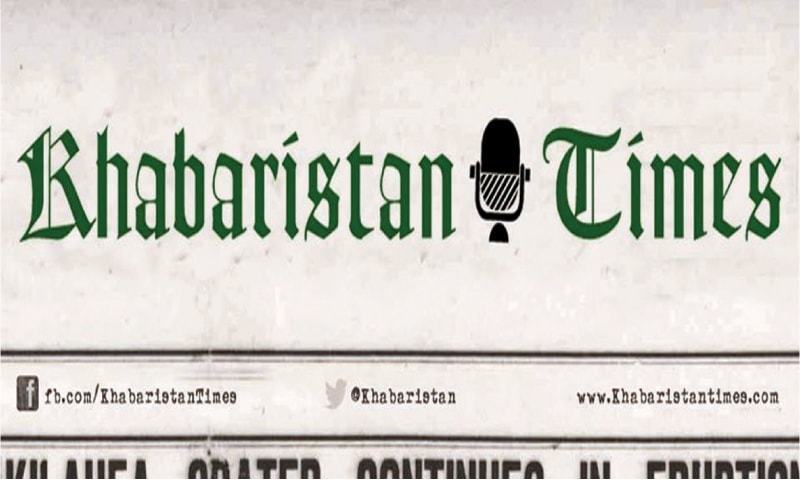Why has Khabaristan Times been blocked?
It appears as though Section 37 of the Prevention of Electronic Crimes Act (PECA) 2016 has struck (as expected). What reason is there to believe this? The blocking of Khabaristan Times (KT), a satirical news website.
According to a report in Dawn: “a source at the Pakistan Telecommunication Authority (PTA) said the website had been blocked after receiving complaints about ‘objectionable content.’” Other than this vague statement, nothing more is known. The decision to block KT is shrouded in the same secrecy the blocking decisions taken prior to the enactment of PECA. Just as then, users would discover a website was blocked by trying and failing to gain access to it, similarly, that is how the ban on KT was discovered.
Prior to the law, blocking powers were exercised arbitrarily – directives were issued sometimes by the now defunct inter-ministerial committee, at other times the courts, or from influential quarters – all orders were routed through PTA, which then issued directives to Internet Service Providers (ISPs) to institute IP-level blocks. After PECA, this arbitrariness is now seemingly ‘legal.’ The process (blocking through ISPs) remains the same. The difference is that now PTA can act unilaterally.
Section 37 of PECA, titled ‘Unlawful online content,’ copy pastes Article 19 from the Constitution of Pakistan and empowers PTA to interpret and apply the exceptions listed and take action against online content that falls foul of these exceptions. Furthermore, PTA is allowed to act in the absence of any rules or procedures with respect to implementing this section.
Due process requires that the party against whom action is initiated, is given notice as well as a chance to present their version. No such thing has happened in the case of KT. Announced through KT’s Facebook page, there is no official acknowledgment of the ban other than through the comment in the above-mentioned news report. Neither was KT officially notified. Section 37(4) states that any aggrieved person can appeal against the decision within 30 days and challenge the decision in court. What is the process for approaching PTA? What is the mechanism for the redress of grievances? More importantly, what is the criteria and procedure by which PTA makes decisions? No rules have been issued to date.
Due process requires that the party against whom action is initiated, is given notice as well as a chance to present their version. No such thing has happened in the case of KT.
The danger of this section being used to muzzle dissent was the foremost concern and reason cited for its omission. Clearly, these fears were not unfounded. Firstly, the question of whether these powers should rest with the PTA, and whether this section should exist in the law at all, was raised repeatedly. Article 19 remains unlegislated. The enunciation of how the terms are to be defined, interpreted and applied is a legislative and judicial function, not something to be left to the sole discretion of an executive authority, such as the PTA. Secondly, the internet plays host to all kinds of content. One can simply pick and choose what one wishes to read/view, or not read/view. There exist user tools to prevent access to content a user does not wish to see and which don’t affect the choice of others. Nobody is forcing KT’s content on anyone.
What does the blocking of KT mean if not that the State has taken it upon itself to determine and dictate what is permissible and what is not for public consumption? PECA may be the law, but that doesn’t change the fact that it is a bad law that vests excessive power in a telecom regulator through Section 37, allowing the State to exercise discretion at will, and on a whim, to serve its own interests.
Farieha Aziz is a journalist and co-founder and director of Bolo Bhi, an advocacy forum for digital rights.

Comments (16) Closed